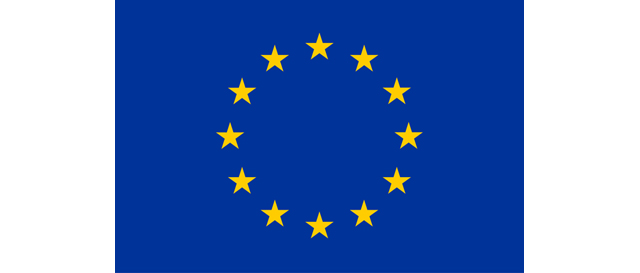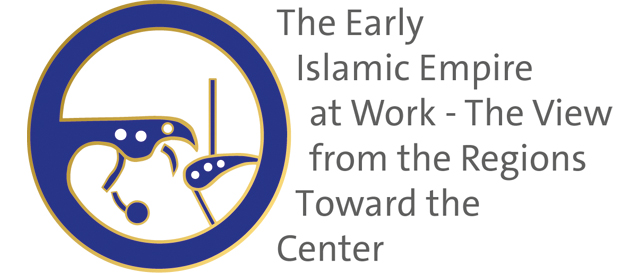Transition of Elites in Ifriqiya: Their Economic Resources and Material Culture ( 7th - 10th Century)
Dr. Corisande Fenwick (Institute of Archaeology, University College London)
Dec. 1, 6:30 pm, Universität Hamburg, Edmund-Siemers-Allee 1, Rm 217, 20146 Hamburg
North Africa was once the bread basket of the Roman Empire. The integration of Ifrīqiya into the Islamic Empire changed that all. Arabs and Iranians established themselves as a new ruling class. The transition can be identified in the material culture. Silver and slaves emerged as major commodities of trade. Sheep instead of cattle characterized the new lifestyle of a Muslim elite.
Dr. Corisande Fenwick is an archaeologist with a research focus on Roman and medieval North Africa and the western Mediterranean. She received her BA (Hons) in Archaeology, Classics and Classical Art from the Institute of Archaeology, University College London. Her PhD research was conducted under the auspices of the Department of Anthropology at Stanford University, spending most of her time in the Archaeology Center. Whilst at Stanford, she also received an MA in Classics from the Department of Classics.
She is currently a lecturer in Mediterranean Archaeology at University College of London. Her research focuses on state formation and imperialism in North Africa and the western Mediterranean during late antiquity and the early middle ages, with a special focus on the transformation of North Africa between AD 500 and 800, a time of remarkable change encompassing the dissolution of the western Roman empire, the Arab conquests and the spread of Islam.
Her approach integrates the archaeology of urban and rural spaces with a close reading of textual sources to understand imperialism, power and identity in Byzantine and Islamic North Africa.
Other research interests include funerary archaeology, the historiography of archaeology in North Africa and field methodology.
She is involved in projects in Libya, Tunisia, Morocco and Italy and is currently co-director of a new project at Bulla Regia in Tunisia.



